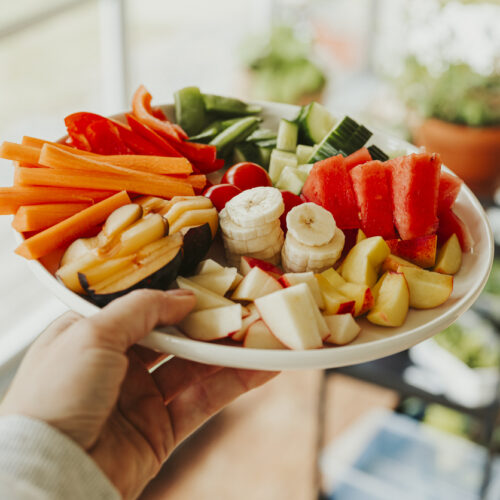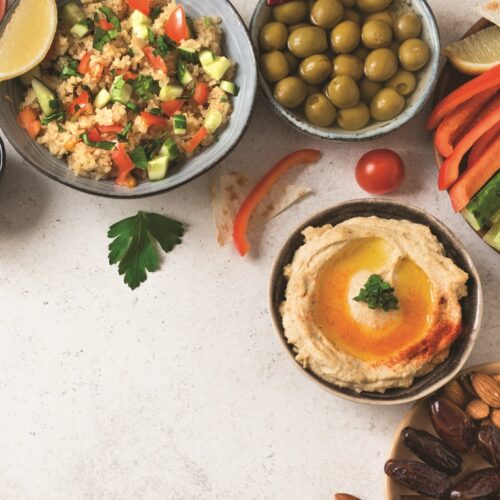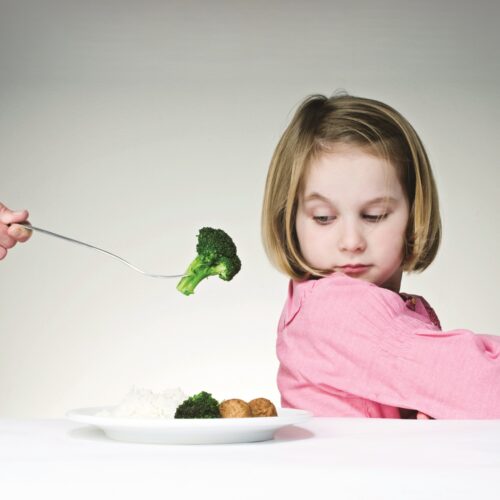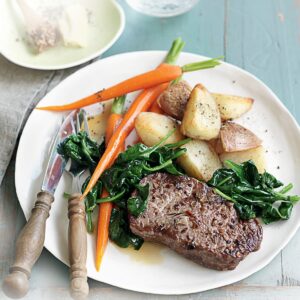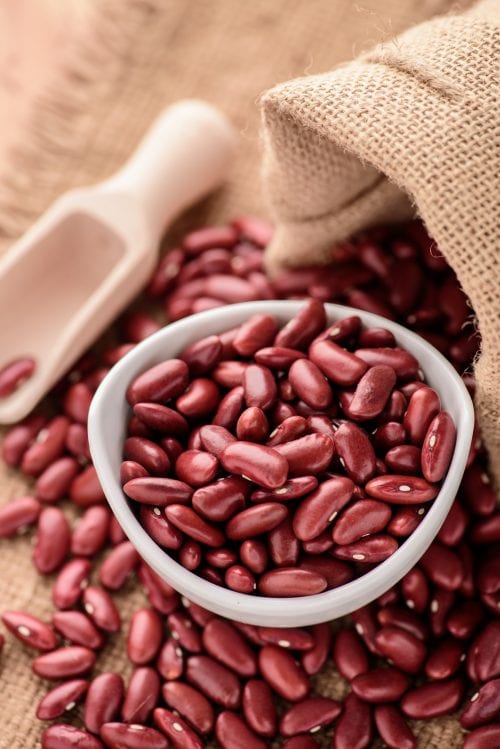
People with food allergies are well aware of common foods which can harm or possibly kill them. But most of us assume our daily foods are entirely safe. That's not necessarily the case. We look at comon foods which contain natural toxins with the potential to harm you if you don't know what to look out for.
Fruit seeds and pips
The seeds of pears and apples and the kernels of apricots and peaches contain a substance called amygdalin, which when consumed can form hydrogen cyanide. Hydrogen cyanide poisoning can cause rapid pulse and breathing, dizziness, stomach cramps, vomiting, diarrhoea, convulsions and death.
Make it safe
- Apricot kernels are sometimes sold as a health food, but the New Zealand Food Safety Authority recommends you don't consume more than two a day.
- Swallowing the odd seed or pip won't harm you, but it's advisable not to make a habit of eating these seeds and certainly don't chew them.
- If juicing or blending apples or pears, remove the seeds first.
Kidney beans
Many different beans contain toxins called lectins, but the highest concentrations are found in red kidney beans. As few as four to five raw beans can cause a reaction, and improperly cooked beans can be more toxic. These toxins can cause stomach cramps, vomiting and diarrhoea.
Make it safe
- Raw beans need to be soaked for four to five hours before being boiled in fresh water for at least 10 minutes.
- If using a slow-cooker, make sure beans are cooked properly first. Slow-cooking raw beans after soaking may not destroy the toxins.
- Canned beans don't need any more cooking.
Potatoes
All potatoes contain natural toxins called glycoalkaloids. Usually, they're at very low levels and are nothing to worry about. But beware green or damaged parts of potatoes because these can contain much higher levels of the toxins and they are not destroyed by cooking. High amounts can cause severe stomach ache. Although unusual, death from glycoalkaloid poisoning has been reported overseas.
Make it safe
- Remove green, bruised or sprouting parts of potatoes beforecooking. Remember – any greening can be harder to see in red-skinned potatoes.
- If the cooked potato still tastes bitter, don't eat it.
- Store potatoes in a cool dark place to avoid greening.
Mouldy foods
Moulds can grow on most food if the conditions are right. While you can usually see moulds, the mycotoxins they may produce are invisible and can penetrate food. This means even if you remove mould from food, it could still be toxic. Reactions to mycotoxins range from a mild rash through to death.
Make it safe
- Throw away mouldy food.
- Some cheeses deliberately contain moulds which are safe to eat, eg. brie has an external mould coating and blue cheeses have mould running through them. But if you find mould on cheese which isn't supposed to be there, don't eat the cheese.
Rhubarb
Rhubarb leaves contain very high concentrations of oxalic acid.
Reactions to high levels of oxalic acid can range from a headache,
vomiting and muscle cramps to slower breathing, convulsions and coma.
- Never eat rhubarb leaves.
Courgettes
The courgette can contain a group of toxins called cucurbitacins. This is something more for the home gardener to be aware of, as they are rarely found in commercially grown courgettes. These toxins can cause stomach cramps, vomiting, diarrhoea and fainting.
Make it safe
- Never eat a bitter-smelling or bitter-tasting courgette.
Kumara
Kumara can produce a number of different toxins in response to environmental affects or damage. The levels are usually highest near the area damaged.
Make it safe
- Remove bruised or damaged parts of kumara before cooking.
- Don't eat bitter-tasting cooked kumara.
Parsnips
Parsnips contain toxins called furocoumarins. They are concentrated in the peel and outermost surface layer, along with any damaged areas. Toxin levels drop when parsnips are cooked. These toxins can cause stomach ache and skin reactions.
Make it safe
- Peel parsnips and remove any damaged areas before cooking.
- Don't use the cooking water from parsnips.
5 top tips to avoid natural toxins
Natural toxins in foods are often only harmful if you consume them in large amounts, but your own sensitivity will affect whether or not you have a reaction to them. Follow these tips to reduce the amount of natural toxins you eat:
- Remove bruised, damaged or discoloured parts of fruits or vegetables.
- Throw away any food that doesn't smell or taste fresh, or has an unusually bitter taste.
- Don't keep foods past their 'use by' date.
- Don't assume 'natural' automatically means it's safe.
- Store, prepare, and cook foods properly. If you are using a food which is new to you, find out how to prepare and use it safely.
www.healthyfood.com



